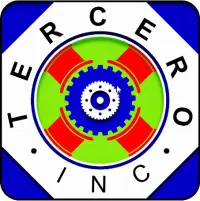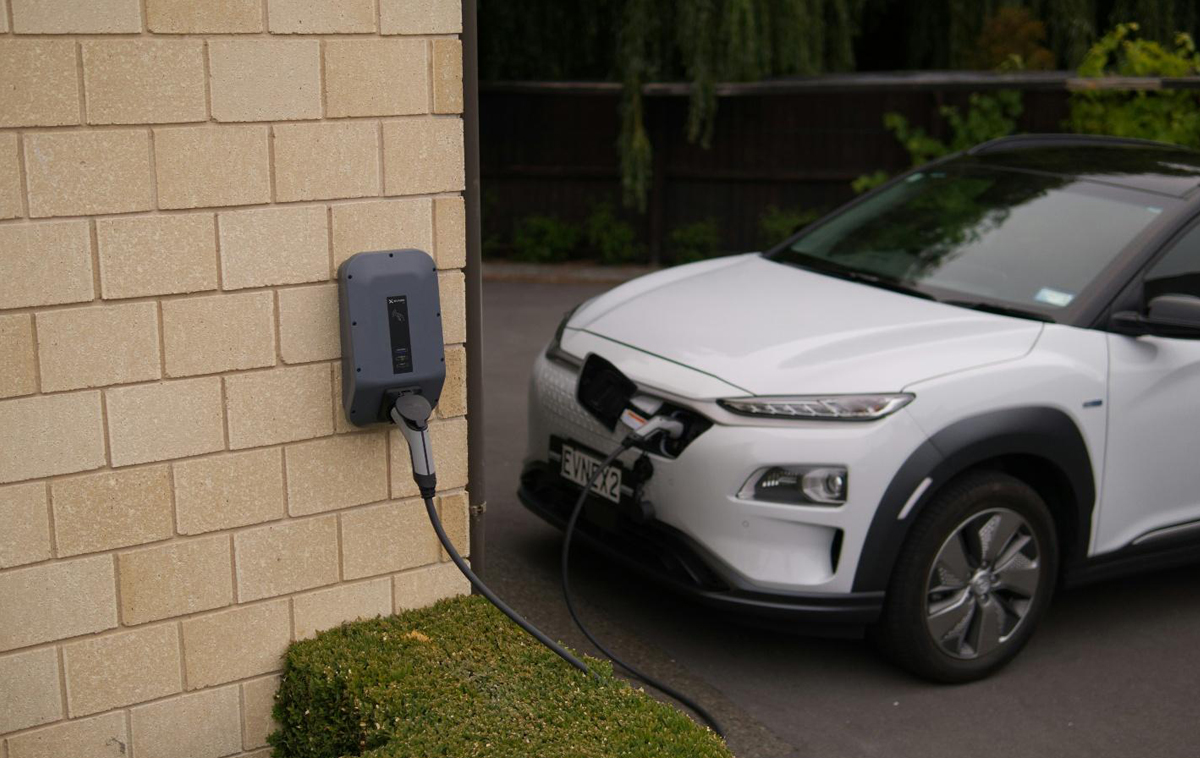Summary
Installing EV charging stations on your property can improve its value and increase rent revenue. This article examines tips for installing advanced EV charging solutions for multi-dwelling units.
Table of Contents
Introduction
The increasing number of electric vehicles (EVs) on the road suggests that automobile owners are becoming more environmentally conscious in their purchasing decisions and value EVs’ superior technology. Installing EV charging infrastructure in multi-unit residences can be a substantial value-added feature, attracting eco-conscious inhabitants and increasing property value. However, choosing the best EV charging system for multi-unit buildings can take time and effort. Issues such as charging speed, network connectivity, and resident accessibility must be considered. This post will examine best practices for deploying sophisticated EV charging solutions in multi-unit residences. Let’s begin.The Rising Importance of EV Charging in Multi-Unit Dwellings
The growing popularity of multi-unit residential EV solutions can be linked to:1. Growing EV Adoption
Despite the increased acceptance of electric vehicle (EV) technology, there still needs to be more reliable charging facilities. According to a survey, more than 80% of EV owners prefer to charge their cars at home, with just a tiny percentage of those chargers in multi-unit residences. As more people use electric vehicles, there will be a greater demand for accessible and convenient charging infrastructure.2. Increased Property Value
Installing EV charging stations on your property can increase property value because prospective tenants and buyers will consider the installation’s added value and potential use.3. Competitive Advantage
Offering EV charging stations on their buildings can be a key selling feature for property owners and managers. This promotes them as forward-thinking firms and distinguishes them from competitors in the market.4. Government Incentives
The federal and state governments of the United States provide incentives, such as tax rebates and subsidies, to stimulate the development of EV charging infrastructure in multi-unit residences.5. Resident Demand
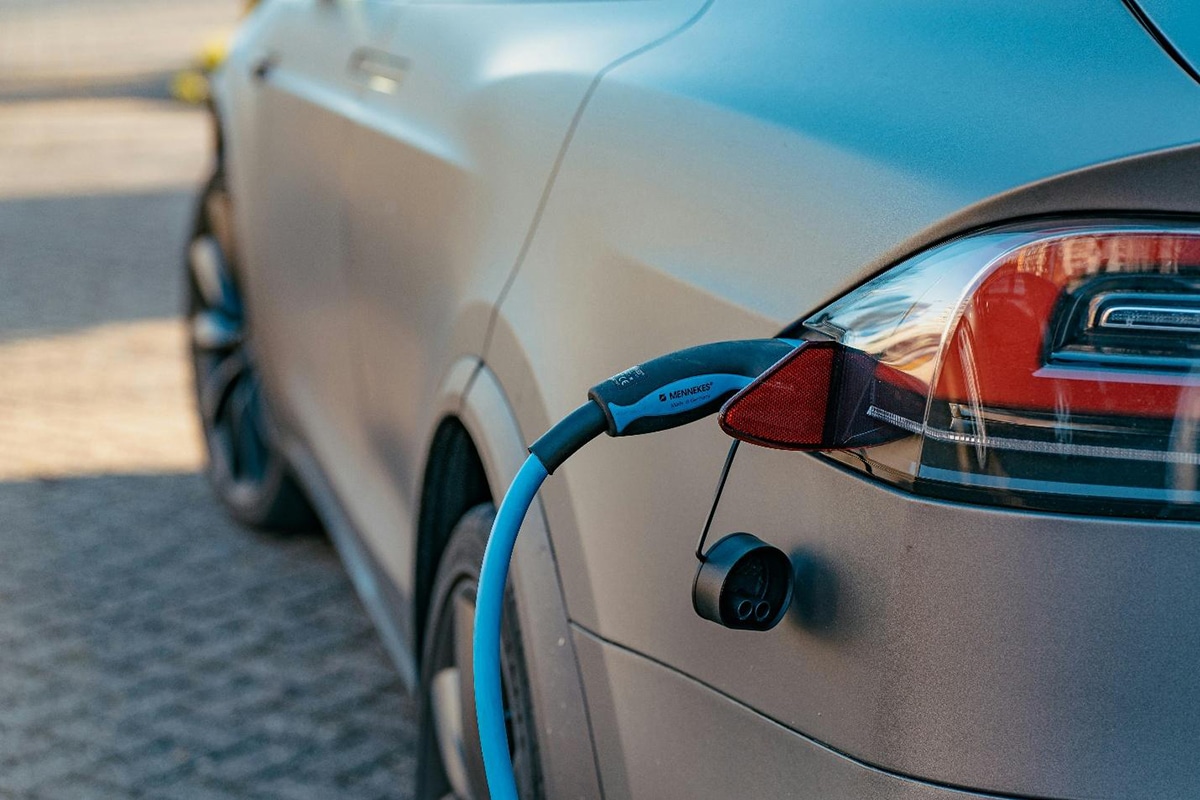
Because electric vehicles are becoming increasingly popular, many residents already own or consider purchasing one. Potential tenants are increasingly demanding quick and accessible charging infrastructure in their properties.
Advanced EV Charging Solutions for Multi-Unit Dwellings
Implementing EV charging solutions in multi-dwelling units is a complicated affair. Below are some tips to assist you:
1. Level 2 Charging
Due to faster charging, Level 2 chargers provide a better user experience. They often have grid integration features essential for scalability as EV adoption increases. These chargers are efficient solutions for large-scale charging and have load management features that protect users and vehicles simultaneously.
2. Smart Charging Systems
Networked chargers collect data, control loads, and optimize charging, making the sessions easier. Multi-unit residences should prioritize smart charging solutions that include direct and automatic billing and load management features.
3. EV Charging as a Service
Third-party EV charging providers provide solutions that relieve building managers of charging-related tasks such as project management, charger maintenance, billing, and data collection.
4. Integration with Building Management
EV chargers should be integrated into building management systems in multi-unit residences to optimize energy usage, minimize overload, and decrease expenses.
5. Real-Time Monitoring and Analytics
Real-time monitoring and analytics provide insights into EV charging habits, energy usage, and overall system performance. They help to optimize utilization, enable maintenance, and aid in cost-cutting initiatives.
Maximizing Efficiency with EV Charging Management Software
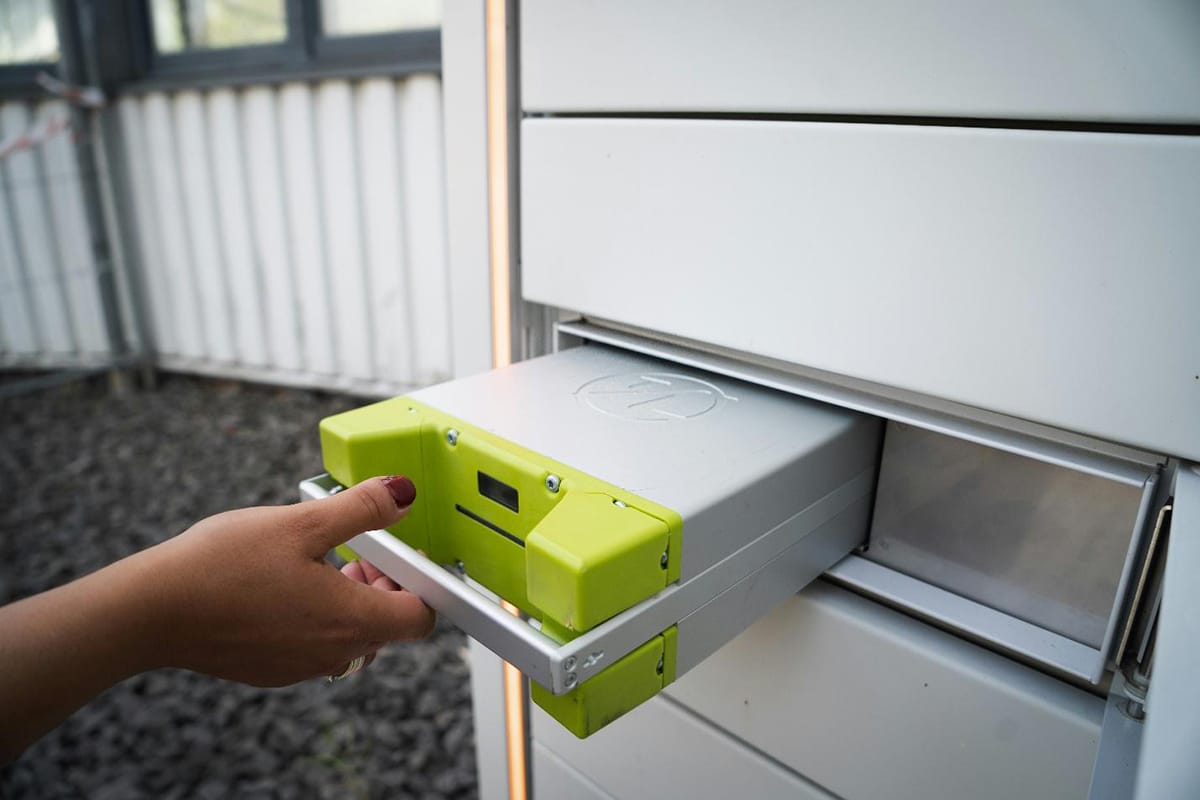
Maximizing efficiency with EV charging management software can be achieved through:
1. Real-Time Monitoring
Real-time monitoring of EV charging stations provides quick insight into charging activity, trends, energy consumption, and system performance. This function’s data contributes to increased efficiency and reduced downtime.
2. Automated Load Management
Automated load management systems improve energy distribution, protecting EV owners and their vehicles from overload and decreasing demand on the charging infrastructure.
3. Smart Charging Scheduling
Smart charge scheduling algorithms optimize charging sessions according to energy pricing, peak demand, and vehicle charging requirements.
4. Remote Configuration and Updates
Remote setup and updates allow owners to control and upgrade charging stations, firmware, and software. This offers good future use and scalability, enabling them to adapt to changing technological requirements.
5. Energy Usage Analytics
Energy usage analytics provide insights into charging patterns, energy consumption, and system efficiency, enabling data-driven decisions.
Supporting EV Fleets with EV Fleet Management Software
Fleet management software comes in handy when setting up EV charging for multi-unit housing. Apart from easy access to charging infrastructure, you can optimize EV charging by supporting EV owners with fleet management systems that alert them to energy, maintenance, and data issues. Here are some benefits of EV fleet management software:
1. Charging Management
Automated charging management allows fleet managers and owners to optimize charging schedules, reduce energy costs, and prevent overcharging.
2. Energy Management
Energy management helps vehicle owners to monitor and control energy consumption, reducing costs and minimizing environmental impact.
3. Vehicle Maintenance
Fleet management software improves vehicle protection and maintenance by alerting owners to potential issues that can cause downtime, shorter lifespans, and higher repair costs.
Enhancing Tenant Satisfaction and Retention
Multi-unit dwelling EV solutions enhance tenant satisfaction and retention by providing the following:
1. Convenient Charging
Accessible EV charging units provide a convenient charging point, reducing range anxiety and enhancing the overall EV driving experience and customer satisfaction.
2. Reliable and Efficient Charging
Installing EV chargers in multi-family housing provides access to dependable and efficient charging stations. This eliminates downtime and the danger of charging interruptions by allowing tenants to charge for as long as necessary.
3. Real-Time Charging Information
Advanced EV charging solutions offer real-time charging information, allowing renters to monitor energy usage, follow charging patterns, and receive notifications when charging is complete.
4. Priority Charging
Charging stations in multi-unit residences prioritize tenants’ vehicles, ensuring they are charged promptly and efficiently, especially during peak demand hours.
5. Integration with Building Amenities
Integrating EV charging infrastructure with other building amenities, such as a parking management system, creates a more cohesive and pleasant living experience.
Boosting Property Value with EV Charging Infrastructure
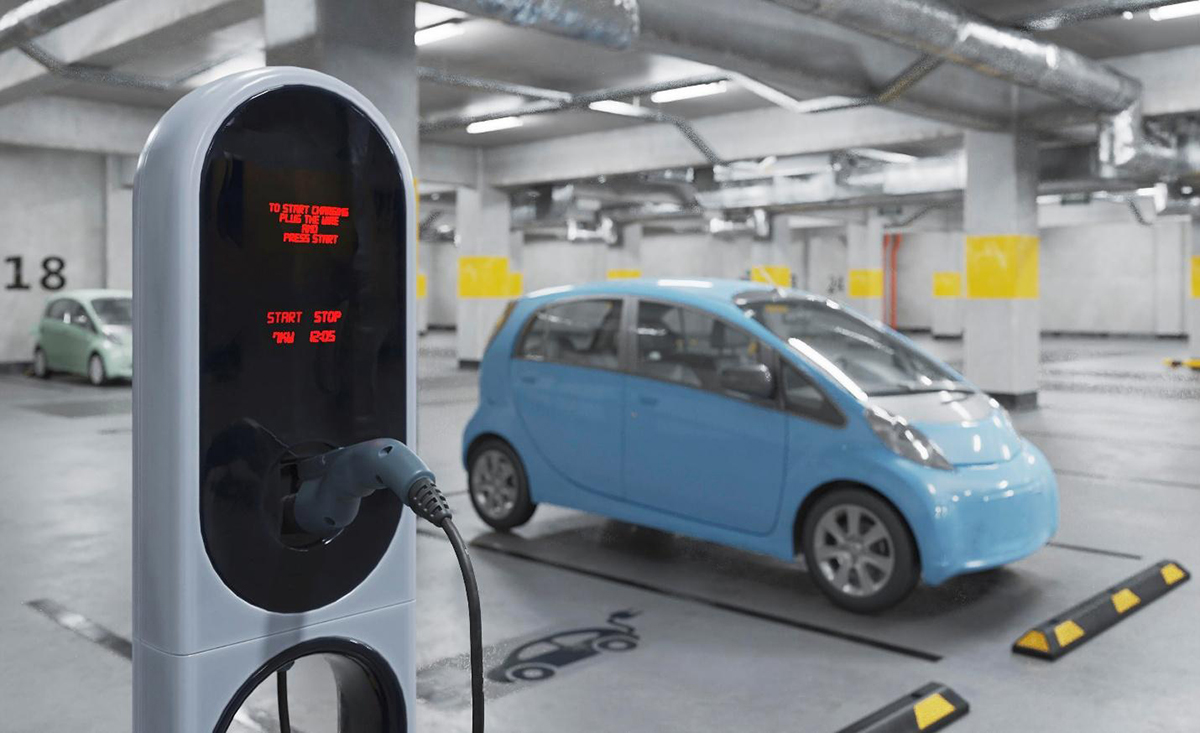
Installing multi-unit dwelling EV solutions on your property can boost its value through:
1. Increased Property Appeal
EV charging facilities can be a prominent selling feature for prospective buyers and tenants. The increased value of the property represents a significant investment that can be used for commercial reasons while also improving resident comfort.
2. Competitive Advantage
Installing EV chargers on your property is a business statement that differentiates your building from others in the market. The additional investment gives you a competitive advantage, especially among current and future EV owners.
3. Premium Pricing
Properties with additional investments and critical infrastructures like EV chargers will command premium pricing in the market. Potential buyers and renters are willing to pay more for the convenience and sustainability that the property grants them.
4. Tax Benefits and Incentives
Property owners willing to install EV chargers on their properties may be eligible for tax benefits and incentives to encourage EV adoption. This incentive reduces the financial burden of installing the chargers and grants owners financial benefits.
5. Increased Rental Income
Potential tenants will be willing to pay more for properties that offer EV chargers on their premises. Access to this critical infrastructure lures most EV owners and enthusiasts.
Choosing the Right EV Charging Platform for Your Property
Choosing the right EV charging platform for your property involves considering several factors, including:
1. Compatibility
You should ensure the platform is compatible with your property’s electrical infrastructure and can support the charging stations you need.
2. Scalability
Choose a platform that can scale with your property’s growing charging demands. Pay close attention to features that can be upgraded or updated without physical tampering.
3. Ease of Use
Select a platform with a user-friendly interface that makes it easy for residents, tenants, or customers to use and manage their EV charging sessions.
4. Network Connectivity
Consider a platform that offers network connectivity, enabling remote monitoring, management, and software updates.
5. Access Control
Choose a platform that offers a robust access control feature that grants you the authority to manage who can use the charging stations and when.
Conclusion
Multi-unit dwelling EV solutions offer advanced EV charging solutions for tenants, helping property owners improve their property value ratings and accrue huge returns. However, these benefits can only be achieved through partnerships with credible EV charging solutions experts like Tercero Inc. Contact Tercero Inc. for your project and see if you qualify for funding assistance.
FAQ
Installing EV chargers on your property enhances property appeal, competitive advantage, and rental income, therefore increasing property value.
Installing EV chargers enhances tenant retention and increases property value.
Easy access to charging infrastructure, reliable and efficient charging operation, and priority charging are key factors that encourage tenant retention in multi-dwelling EV charging stations.
EV charging solutions for multi-dwelling units include level 2 and DC fast chargers, smart charging systems, and integration with building management systems.
EV charging infrastructure is essential for multi-unit dwellings because it provides residents with a convenient and sustainable transportation option.
